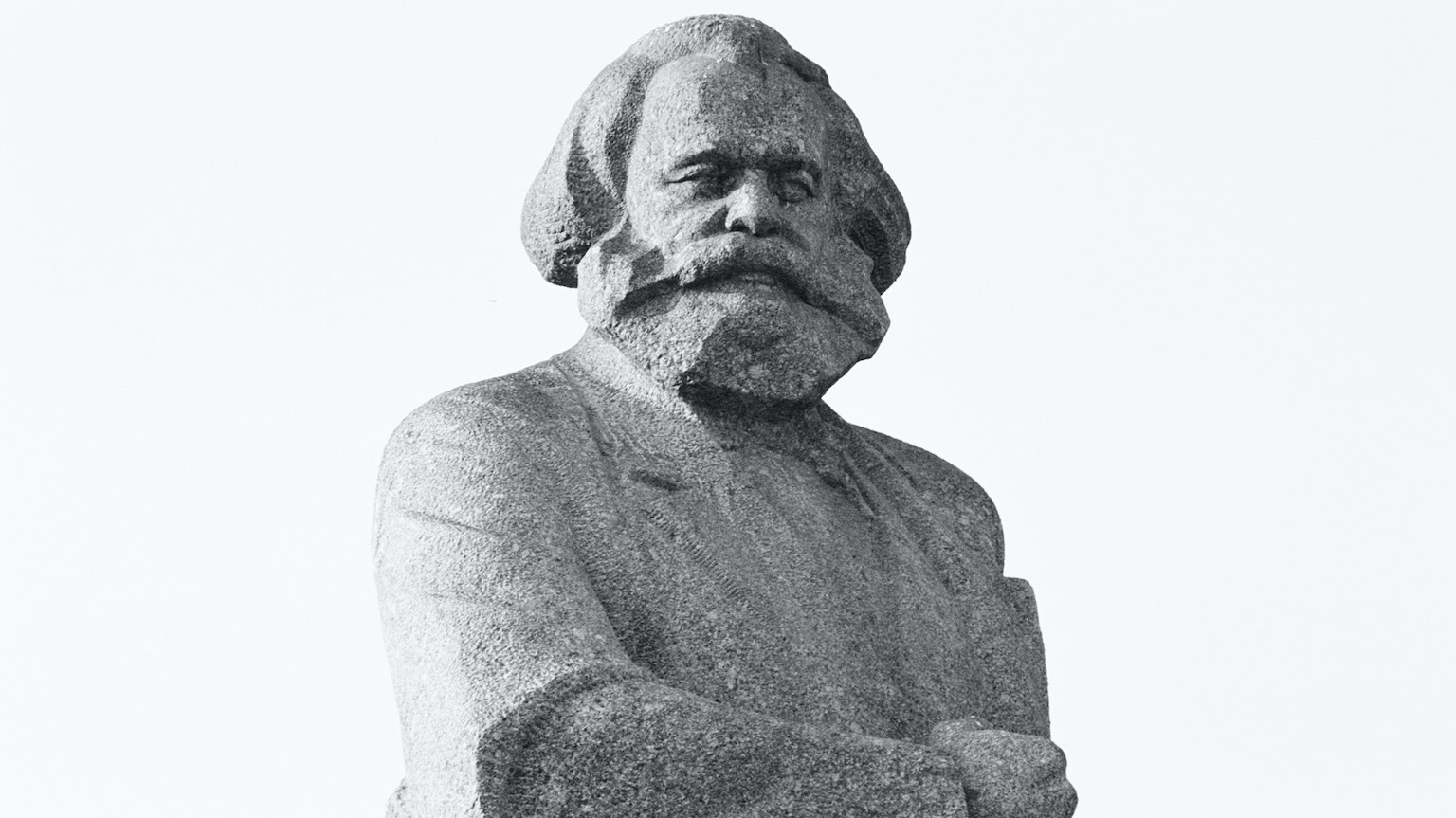Who was the most controversial philosopher?

- Nietzsche’s works are famously iconoclastic and meandering. They attack nearly every major institution or ideology of his day.
- His ideas of a Will to Power and Übermensch can be misrepresented, and his references to Jews and Judaism lend themselves to anti-Semitic interpretations, not least because his Nazi sister edited his works to do just that.
- Today, Nietzsche has been rehabilitated, but both he and his works were complicated. How far can we, or should we, explain away what he wrote?
It is not hard to be controversial. Anyone can call a circle a square, hurl a racist insult, make a sick joke, or defame, degrade, demean, or dehumanize. It is the calling card of attention seekers and class clowns since history began. But philosophers are supposed to be different. In their search for truth, their hatred of logical fallacies, and their adulation for the well-constructed syllogism, they are meant to firmly tread the lines of respectability — right?
Well, not all of them. Many philosophers have lived controversial lives. Aristotle held some hugely misogynistic views, Schopenhauer pushed a woman down the stairs for talking too much, Heidegger was a card-carrying Nazi, and Seneca got rich by being the speech writer and apologist for one of the most brutal of Roman emperors.
And yet, their ideas are still read and enjoyed the world over. We separate their philosophy from their lives. So, if we are to judge the controversy of a philosopher, we ought to do so when they are doing philosophy. And in this, it is pretty hard to beat Friedrich Nietzsche.
(Note: I am treating only well-known and well-read philosophers, here. If we were to examine every person who ever called themselves a philosopher, of course we will find greater controversy amongst the racists, fascists, and hate-mongers of the world.)
Of all the world-famous philosophers, Friedrich Nietzsche is the one who probably evokes the strongest reaction. It is hard to read his work and not feel something — be it revulsion at his iconoclasm or exhilaration at his rhetoric. His various aphorisms like, “God is dead,” and, “What doesn’t kill you makes you stronger,” have entered common usage. Many folks, from angsty students to retired professors, can find something empowering in his writing. It is probably fair to say that Nietzsche offers little in terms of a coherent “system,” like a Descartes or Kant, but it is also true that this was likely never his intention.
It is difficult to talk about Nietzsche without a disreputable specter or scandal lurking in the background. Wasn’t Nietzsche a Nazi? Doesn’t he encourage cruelty and oppression? As is often the case, the truth is much more complicated.
Übermensch and untermensch
There is no doubt that Nietzsche can make for hard reading. His talk of the Übermensch (“Overman”) or the “Will to Power” will make many of us balk. After all, for every Übermensch there must be an Untermensch — or “underman.” And this was a specific term the Nazis used for those races they deemed inferior, which meant the Roma, Slavs, and, of course, the Jews.
Similarly, when Nietzsche lionizes the lion, might he not be validating the oppressor? He spends a lot of time proclaiming strength and power as being virtues, even at the expense of (or possibly because of) the weak. Even within its context, a line like, “To witness suffering does one good, to inflict suffering does one even more good,” is pretty unpalatable today. (Nietzsche admits this, but he sees it rather as a misplaced sentimentalism.) It is fair to say that a Nazi, a slaveowner, or a serial killer could find justification quite easily from dipping into Nietzsche’s books.
Yet, to call him a Nazi is a misreading both of Nietzsche’s works and what he stood for as a person.
A sister’s legacy
No doubt, Nietzsche did attack Judaism and the Jews — and is guilty, perhaps, of conflating the two — for starting what he called the “the slave rebellion in morals.” But Nietzsche was an equal opportunity mischief-maker. Christianity gets the brunt of nastiness, but he also makes a point to attack German nationalism, populism more generally, and anti-Semitism, too. In one place, he says that all anti-Semites should be shot, and in another, he writes that he would eject them from all Germany.
Much of the damage to his reputation was done by Nietzsche’s noxious and highly anti-Semitic sister, Elisabeth. It was she who likely doctored his works to be more Nazi-leaning. (She was a Nazi supporter.) When Mussolini (the first fascist) discovered how much he could weaponize Nietzsche’s works, he wrote a letter to Elisabeth saying how much he admired her. She then organized an opera in his name, and it was there she met Hitler, gave him flowers, and said how much she loved him.
When Alfred Bäumler, a Nazi ideologue who had organized the Berlin book burning, as well as Martin Heidegger, a famous philosopher and Nazi member, were placed in charge of the Nazi archive of “acceptable” textbooks and material, they discovered that Elisabeth already had done all the doctoring that was needed. Hitler often saw himself as a kind of philosopher-leader, and while we will never know if he ever read Nietzsche, the Führer definitely liked him enough to take his walking stick when Elisabeth gifted it to him on their second meeting. He even commissioned a statue of him in 1934, a year before Elisabeth died.
And so, we can hardly blame Nietzsche himself for how others would later misrepresent or appropriate his writing. Nietzsche himself wrote how much he hated his sister’s views. He argued Jews had much to offer Germany, calling them “the most remarkable people in history.”
How far should Nietzsche be rehabilitated?
In the 1950s and 1960s, a lot of work had been done by the likes of Walter Kaufmann and Arthur C. Danto to rehabilitate Nietzsche’s reputation and his works. Today, he is one of the most popular philosophers in the world, with Pinterest boards and Instagram posts spilling out his various aphorisms.
But we can take revisionism too far. We should not overlook the fact that Nietzsche did indulge in racist stereotypes of Jews, and he was close friends with many fervent anti-Semites. While it is tempting to explain this away by saying he was living in an anti-Semitic time (which he was), we should not dismiss the fact that a lot of people did not choose to indulge or entertain racists.
We all live in the shadow of World War II, and in a post-Auschwitz world, Nietzsche’s descriptions of Jews come off as hugely unpalatable. And, in the Genealogy of Morals, especially, his tone can become fervently shrill in its disgust for Jews, Judaism, and “Judea.”
The question about how far we can rehabilitate Nietzsche depends on one question: Is being anti-Semitic (or at least anti-Judaism) okay if someone is equally “anti” any number of other things? And, is it okay to repeat and represent racist views if we also say nice things about that race, as well? It is, of course, difficult, not least because we are much more sensitive to these questions today.
Having said all that, one thing is rather certain: Nietzsche is still seen by many as being one of the most controversial philosophers in the world. Yet, that is almost entirely based on a gross misrepresentation of who he was and what he wrote.





